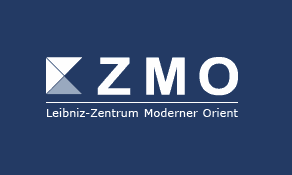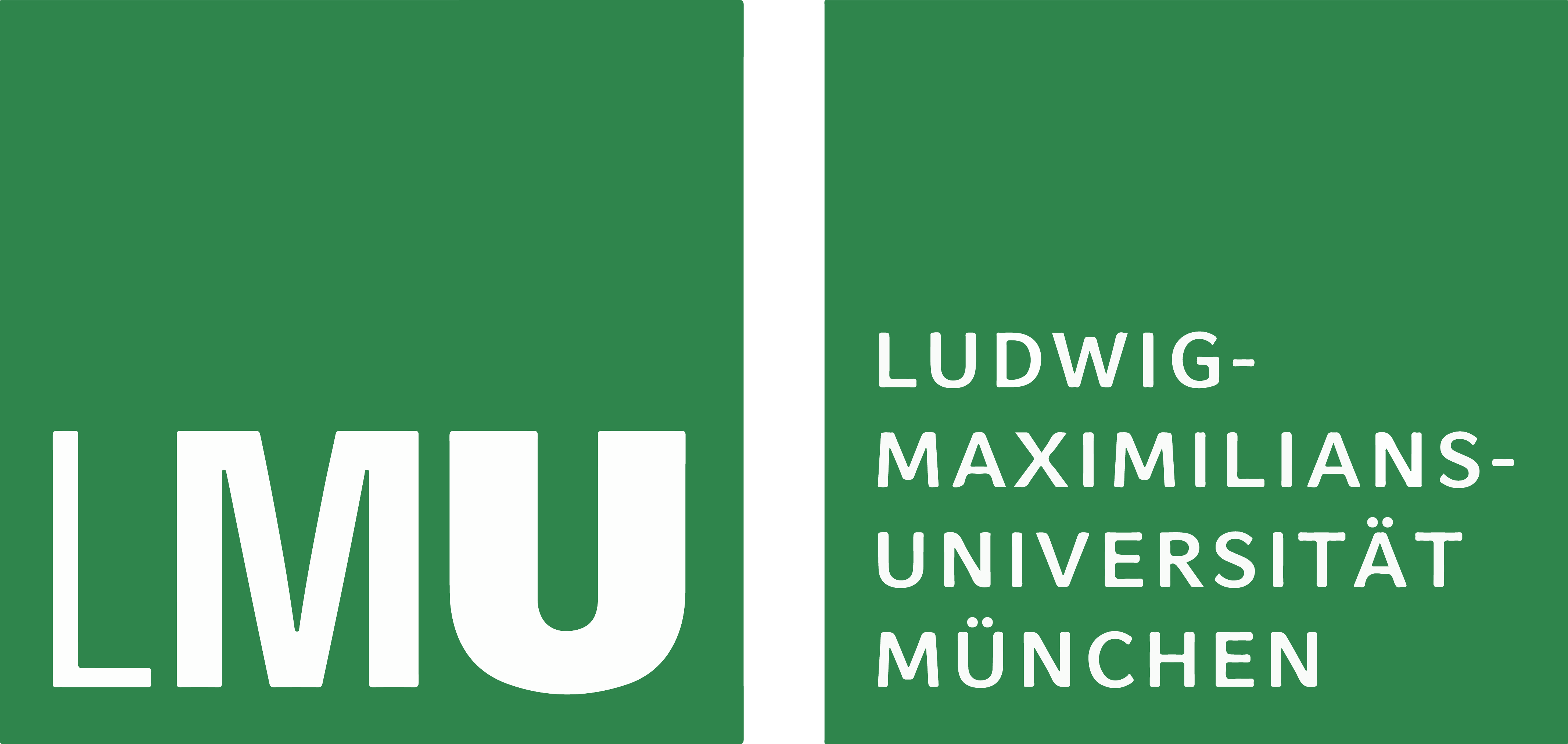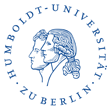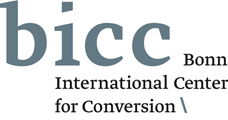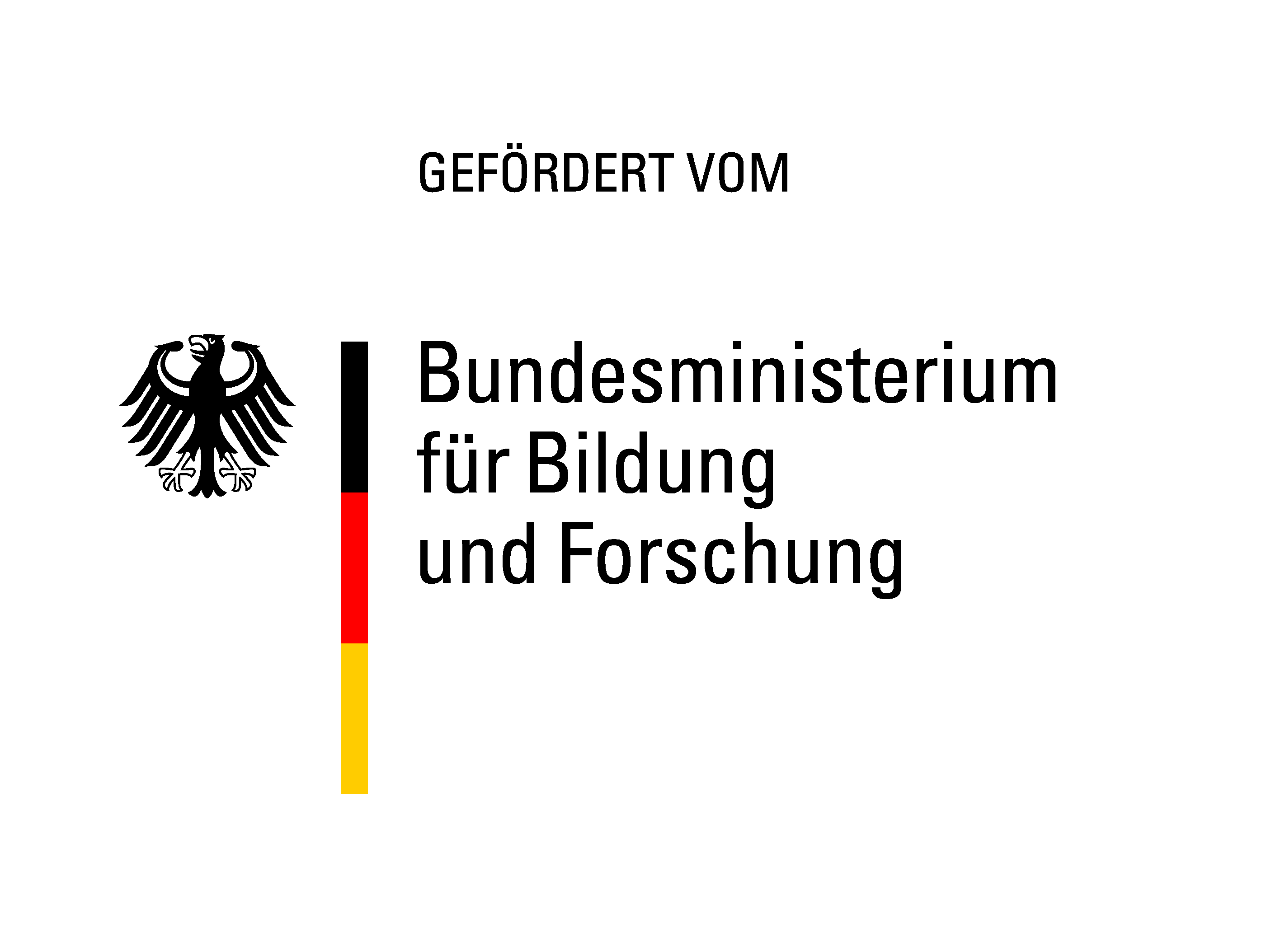Together and Apart: The Case of Gilgit-Baltistan in the Context of the Kashmir Question
Crossroads Asia Lecture by Aziz Ali Dad, Thursday, 19 November 2015 in Berlin
The lecture will start at 5 p.m. at the Zentrum Moderner Orient in Berlin.
Aziz Ali Dad is a visiting research fellow of the Crossroads Asia competence network, currently based at Zentrum Moderner Orient Berlin. He completed his BA in Islamic Studies and Humanities at the Institute of Ismaili Studies, London, and received his MSc in Philosophy of Social Sciences from the London School of Economics and Political Science (LSE), UK. He is associated with the Aga Khan Rural Support Programme (AKRSP) in Pakistan as a specialist for knowledge management. Aziz Ali Dad has written extensively on politics, culture, languages, religion and society of Gilgit-Baltistan in particular as well as philosophical and social issues of Pakistan in general.
Abstract of the lecture:
Within the broader categories of nation states there are regions that either reject the collective identity of the nation-state or live in a context of uncertainty regarding their political identity. The sub-region of Gilgit-Baltistan within the historical formation of Jammu and Kashmir between India and Pakistan represents such a case. In contrast to the larger Kashmir territory, politics of identity in the administrative regions of Gilgit and Baltistan took a different turn. The Kashmiri narrative emulates the nation-state paradigm and Kashmiri nationalism claims that Gilgit-Baltistan culturally, historically and politically is part of Kashmir. This lecture focuses on the turning points in the identity formation of Gilgit and Baltistan in relation to Kashmir during the colonial and post-colonial period. In doing so, special focus is put on the repercussions of documents like the Treaty of Amritsar, the Karachi Agreement, the UN Resolutions and subsequent rulings of the Government of Pakistan. It will be shown how the colonial decisions and treatises were employed by Kashmiri leaders to construct Kashmiri identity in the post-colonial period. At the same time, actors in Gilgit-Baltistan adopted cultural and political strategies to find a separate space of their own within the power structures of Pakistan.
Find the invitation to the lecture here.

